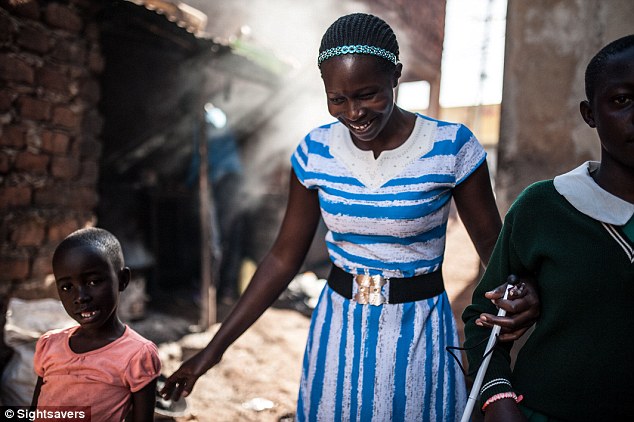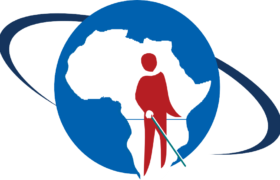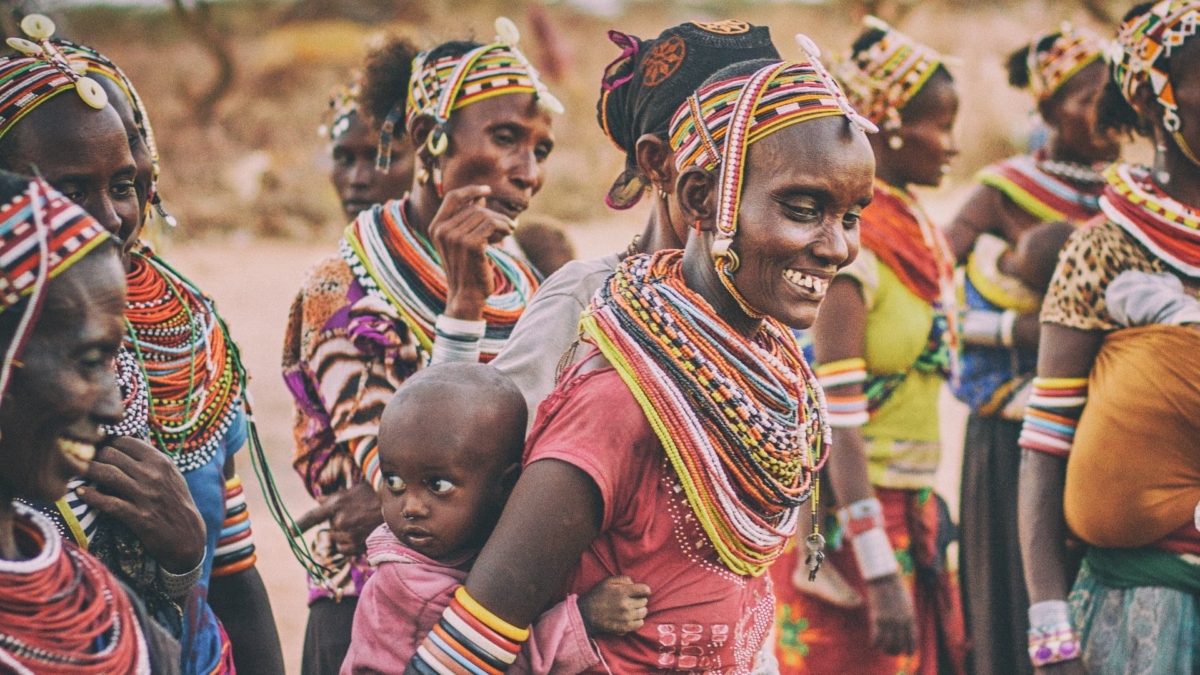Every woman’s desire for childbearing is traditionally attributed to their maternal instinct making motherhood an inherent aspect of womanhood.

Occasionally, arrival of a new born is often received with so much joy and celebration by family members, friends and even colleagues. Unfortunately, blind parents occasionally run a gauntlet of skepticism and even dismay. One blind mother narrates,
“When my mother in-law found out that I was expecting, she was horrified. She turned her back on us, walked away and even asked his son to leave me. After sometime, she suggested that; once I give birth, the child should be taken away from me. She just couldn’t get her mind around me taking care of an infant when I can’t see.”
Smangele Dhladhla is visually impaired and a mother of a one year girl, Katekani meaning Blessing. She accounts her first visit to the clinic to confirm her pregnancy. She was asked by healthcare professional whether she was raped.
“I’m blind but not stupid. I need hands, ears and nose to do my job as a mother. I am human and have feelings. My boyfriend is also blind” she responded.
Blind parents are more often marginalized. The assumption that caring for an infant is not an easy task and more so especially difficult for blind parents because babies are helpless and dependent. The stigmas associated with physical limitations perceive disability as a health condition to be treated or as a hereditary impairment potentially damaging the unborn child and hindering the prospective mother from adequate caregiving.
“On the contrary, I adapted very fast in my new role as a mother. Like sighted mothers, we become experts at interpreting our baby’s cries, gurgles, and babbling. When I hold my baby I can sense her moods through her body language; when her little arms is stressed reaching for some interesting object, stiffen at the sight of a stranger, or droop her sleepy head against our shoulder.” says a visually impaired mother.
Although, motherhood connects them with other mothers, the real challenge for visually impaired mothers is not the impairment itself or motherhood but, the invisible barriers isolating them from other mothers and their children from other children. And, just like any other first-time parent, they too need to be taught how to perform certain task such as diaper change, how to properly breast feed and be allowed to practice.
Legislation is expanding to include many protections for birthing people/parents with disabilities, but it is still a daily fight for the parent to be seen as equal and given the autonomy, access, and accommodations that are rightfully deserved.
And so, Sexual Reproductive Health Right program (SRHR) being implemented by AFUB through her member organizations, sponsored by Norwegian Association of the Blind and Partially Sighted (NABP) work in collaboration with other SRHR institutions to ensure that blind women are well informed on matters of SRH.
Through the AFUB Advocacy Work, the project set to empower blind mothers to tell their story for social change and to remember that the doubts of others in capabilities are in no way a reflection on their actual capabilities.
Sentiments well echoed by Keleman Zenebe-Disability Inclusion activist.
“To all African mothers with disability. Remember you can do both motherhood and follow your dreams”
Bernice Otieno.
Communication and Fundraising Officer


Add a Comment